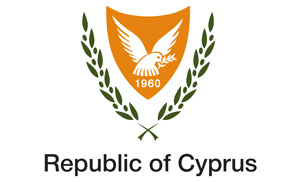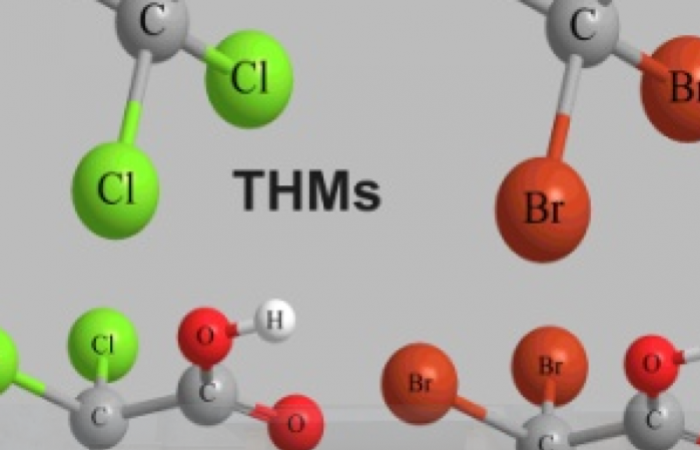The problem of apparent water losses within urban drinking-water distribution systems (UDWDS) is exacerbated in water-scarce countries, including countries such as Cyprus. Previous work has been instrumental in formulating predictive models of pipe failure (breakage and leaking) as a means to minimize water losses in Urban Drinking-Water Distribution Systems (UDWDS). Pipe repairs due to deterioration/failure show a peak in frequency during end of Spring and Summer. Similarly, data in international literature suggest summer peaks for disinfection by-products (DBP) in potable water, reaching home taps. Cypriot consumers typically complain to water boards for chlorine-related smells, deterring them from using tap water for potable purposes; Complaints peak in summer when authorities increase disinfectant dose as safety precaution against fears of waterborne diseases, often leading to chlorine smell-related complaints.
The project research team is exploring the possibility that pipe leaking incidences along with pipe characteristics of aging UDWDS could enhance DBP formation to higher levels than simply chlorine residence time could explain. To date a spatially-, and temporally-resolved network of monitoring traditional (trihalomethanes) and emerging DBP, such as haloacetic acids has not been attempted. An increase in the resolution of data acquisition will enable matching the flowing water chemistry (DBP) with the corresponding pipe segment characteristics data via their integration in an artificial neural network with GIS capabilities.
The aim of this research is to provide scientific evidence for informing the selection of appropriate disinfectant doses even for the most distant points in UDWDS, while minimizing formation of carcinogenic DBP. The data produced will predict the optimum level of disinfectant dose to minimize odors while minimizing the incidences of water borne diseases. Generated knowledge from this project will take form of a practical step-by-step protocol on immediate use by water boards to better manage disinfectant dosing throughout the year, while keeping DBP formation to safe levels.The project is coordinated by the Cyprus University of Technology, and has as partners the University of Crete, the University of Cyprus (KIOS) and the Water Board of Nicosia.
This project is funded by the Cyprus Research Promotion Foundation through the Framework Programme for Research, Technological Development and Innovation 2009-10 (DESMI 2009-2010), co-funded by the Republic of Cyprus and the European Regional Development Fund.








